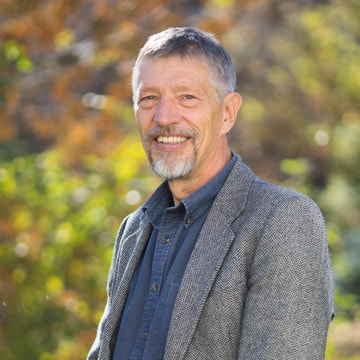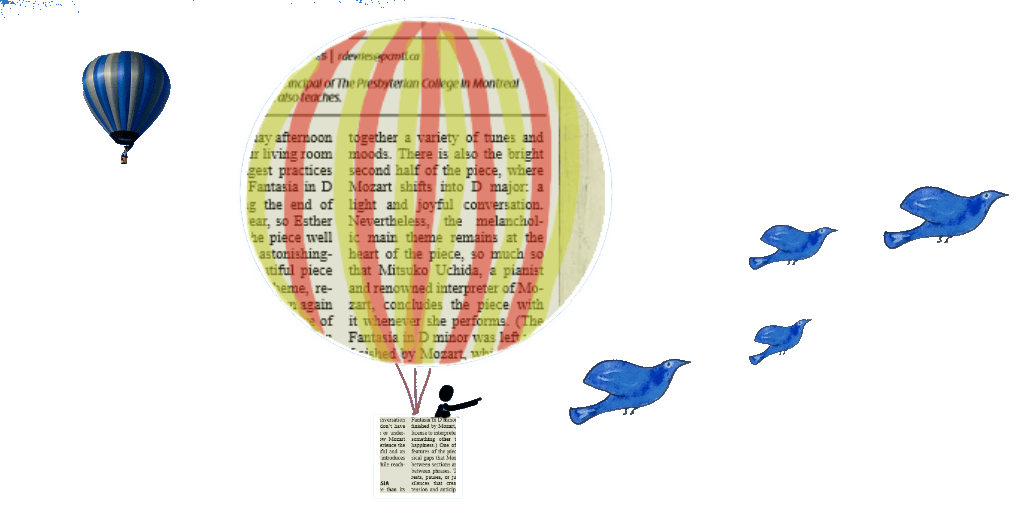What did Kuyper really say?
Rescuing ‘Sphere Sovereignty’ from admirers.

Two Overtures to the Christian Reformed Church’s Synod, 2018 focus on “the scope and extent of the institutional church’s involvement” in public life (Minnkota and Columbia). They acknowledge that Christians should address social concerns, but argue that the CRC’s Office of Social Justice (OSJ) and Canada’s Christian Reformed Centre for Public Dialogue (CPD) violate sphere sovereignty by entering directly into political life as the institutional church.
The principle of sphere sovereignty is close to my heart. For over 40 years, I have used it fruitfully in policy work, social action and university teaching. Yet I deeply disagree with the overtures’ reasoning!
Misreading?
The Overtures use Abraham Kuyper’s (1837-1920) principle of sphere sovereignty and concepts of the church as institution and church as organism. They argue that the OSJ and CPD, as agencies of the institutional church, overstep ecclesiastical authority. They should not make political statements or take actions for which they “lack competence.” They cross the boundary into the political sphere and exert “power over the affairs of the state.” Church agencies, leaders and staff should stick to “encouraging and equipping her members for service in the kingdom of God.” The church as institute should leave political advocacy to the church as organism, that is, individual Christians.
No neutral theory
Early in my career, Kuyper’s thinking taught me that concepts and theories are never simply rational and neutral. They take on dramatically new meanings when influenced by different spirits or ideologies. Using Groen van Prinsterer’s (1801-1876) classic, Unbelief and Revolution (1848), Kuyper argues the Enlightenment spirit of unbelief, which inspires both liberalism and socialism, shaped much of Western society. Today, we see this is also true for Canadian and American institutions and political culture!
My disagreement with the two Overtures results from a reading of sphere sovereignty through our culture’s liberal eye-glasses. In fact, Kuyper’s thinking is dramatically different than liberal thinking about the separation of church and state.
Boundaries vs callings
To begin with, the overtures use sphere sovereignty as though it is a rational theory. This creates the problem of intellectualism, or, how do we actually practice a rational, abstract theory in the dynamic, multidimensional reality of life? Kuyper would answer: people don’t live out of their minds and theory, but out of their hearts, religiously, directly in response to God. His dynamic word strikes us in the heart as a living call in the nitty gritty of everyday life.
Thus, for Kuyper, sphere sovereignty is a dynamic principle. In using it, our focus must always be on the inner dynamic calling of associations in each sphere – faithful loving partners, for example, stewardly businesses, just governments! These callings need to be discerned, and lived out, in a real-life context that is already charged with the “spirit of the times.”
In contrast to the Overtures, Kuyper would strongly emphasize the dynamic calling of each sphere, not the boundaries. Focusing on the boundaries of spheres is closer to liberalism than to Kuyper’s thinking.
Historically, liberals began with a good desire for freedom from the state church, absolute monarchy, hierarchical class system and mercantilist economy. But soon, their growing obsession with absolute individual freedom transformed into autonomy. The root of “auto-nomos” literally means “a law unto oneself.” Nothing must interfere with free individual choices.
To guarantee individual autonomy, liberals took two steps. First, they transformed societal distinctions into radical separations – public versus private or church versus state. Thomas Jefferson famously framed these boundaries as a “wall of separation between church and state.”
Second, liberals defined institutions as mechanisms. In their eyes, democratic, market or bureaucratic mechanisms are neutral and value-free, so they will not impose any norms and values on individuals.
Kuyper vs liberalism
Kuyper rejects these liberal inventions. Instead of free individuals, operating in mechanical institutions, divided by “walls,” Kuyper sees society as an “organism”! Society is the interweaving of persons, associations and institutions that in their different tasks are united in God’s sovereign call (Col. 1). In this light, sphere sovereignty is intended to help discern faithful living in a complex interrelated society.
Furthermore, Kuyper is not first of all protecting individuals with sphere sovereignty. Liberalism fears law as automatically a “limit on” freedom, when not freely chosen. But Kuyper welcomes God’s laws and callings as “conditions for” freedom! We shouldn’t focus on boundaries, as the Overtures and liberals do, but on the dynamic inner callings of each sphere. They are God’s liberating “conditions for” flourishing!
In an organic society
In Kuyper’s idea of organic society, human agents responsibly discern and respond to the callings of their sphere. But they do so in community. The biblical vision of Christ’s body (Rm 12:3-8) means we can, and ought to, encourage, admonish, correct and assist each other in faithful living.
We see families do this with schools, for example, universities with social and health agencies, media with businesses, and so on. In the same way, the institutional church can and must do this with political actors, without becoming partisan. Not in order to coerce the state, or take over its task, but to serve it as a neighbour by nudging it to faithful practice of public justice.
Through public dialogue and advocacy, we can help each other discern our spheres’ callings, recognize failures and detect distortions of its task or oppression of other spheres. Speaking a prophetic word to the state, or advocating for justice, is not the church violating sphere sovereignty; it is simply doing its task in an organic society. In fact, as Bonhoeffer said, when the church was silent on the rise of Nazism, “Silence is to bear false witness to the Gospel.”
With biblical spectacles, sphere sovereignty can come back into proper focus. This helps see that OSJ and CPD must carry on “raising the voice of the CRCNA in advocacy for and with those who suffer injustice” (Agenda for Synod 2011, p. 75)!






That’s a pretty broad brush. The characterization of liberalism sounds somewhat like Jeremy Bentham rather than the broad spectrum of liberalism. Perhaps a little rescuing is necessary on the other side.